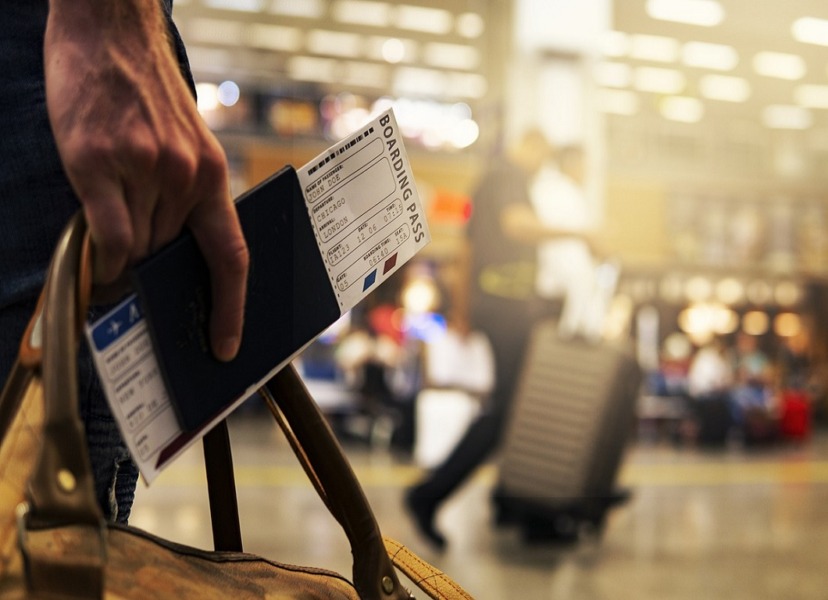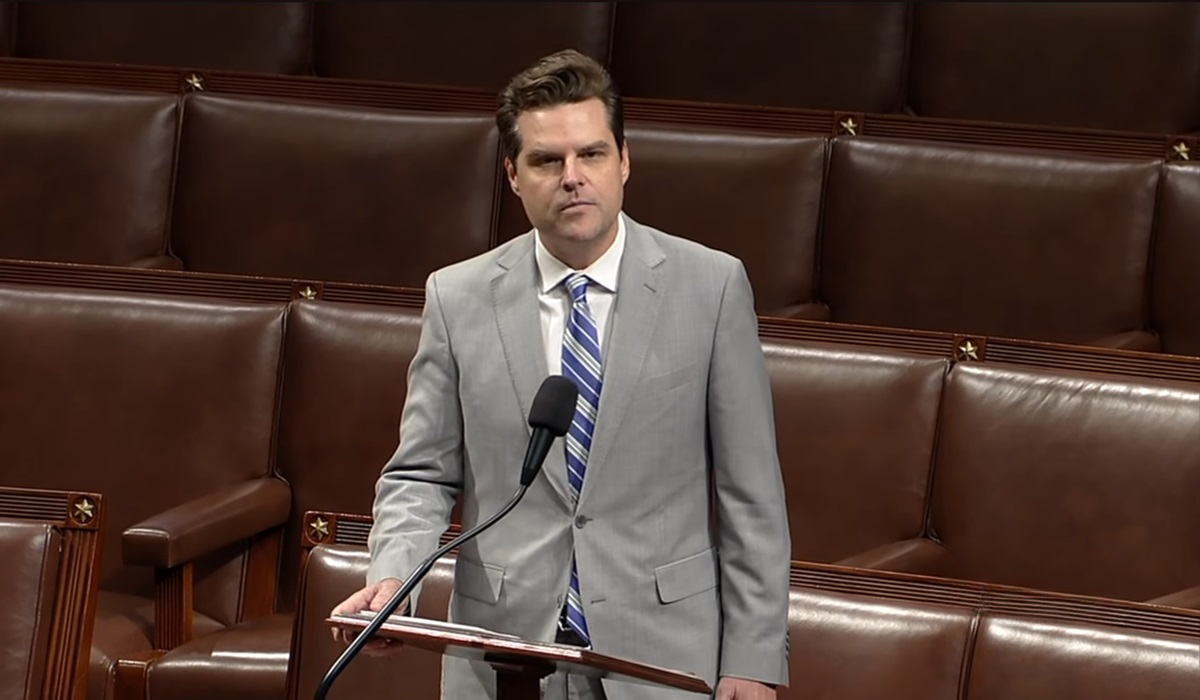Passport Snobbery: Reimagining Travel Restrictions, Inclusivity and Tourism Prosperity
- TDS News
- Breaking News
- September 24, 2023

In our increasingly interconnected world, travel has become more accessible. Yet, it’s disheartening to discover that sometimes, your passport can become an obstacle to your journey. Passport-based travel restrictions, driven by complex diplomatic tensions, can be seen as a form of “passport snobbery” that impacts tourism and appears absurd in an age where connectivity and mutual understanding should be paramount.
These restrictions often come into play when travelers have visited countries where their intended destination holds diplomatic tensions or conflicts. While security concerns or political stances might drive these measures, it’s crucial to consider the broader consequences of such policies.
First and foremost, these restrictions harm tourism, a significant revenue source for many nations. Tourists contribute to local economies by spending on accommodations, dining, transportation, and cultural experiences. Countries will miss out on a substantial economic boost by deterring potential visitors.
Moreover, these policies can be deeply frustrating for travelers without intending to get involved in international conflicts. Many globetrotters seek to explore new cultures, share experiences, and engage in positive exchanges with people from diverse backgrounds. Denying them entry based on past travel experiences does little to foster international cooperation or bridge-building.
It’s time to reassess passport-based travel restrictions in a world of conflicts and strife. Instead of perpetuating exclusion and alienation, countries should explore more inclusive and welcoming approaches for travelers from all walks of life.
One possible avenue involves shifting the focus from blanket restrictions to nuanced evaluations of individual behavior and intentions. Implementing enhanced security checks, interviews, or background screenings for travelers with potentially problematic passport stamps could provide a more accurate assessment of each traveler’s intentions and risk factors.
Furthermore, nations should acknowledge the value of tourism not merely as an economic lifeline but as a tool for promoting peace and cultural exchange. Encouraging tourism can help break down stereotypes, encourage mutual understanding, and create connections between nations, which is crucial in today’s interconnected world.
Though often rooted in legitimate concerns, passport-based travel restrictions do more harm than good. They hinder tourism revenue and alienate innocent travelers seeking to explore and appreciate the world’s beauty and diversity. It’s time for countries to reconsider these policies, prioritizing inclusion and finding more effective ways to promote international cooperation and peace. By embracing a more open-minded approach, nations can boost their economies and contribute to building bridges and nurturing a more interconnected, empathetic, and peaceful global community.








